Discover projects at KWS that shape the future of agriculture
Plants with three parents? Discover 3PaTec!
Diversity is the basis of all plant breeding. Greater genetic diversity offers more adaptation options, also and especially for breeding climate-resistant plants. That is why scientists and breeders worldwide are working to increase the genetic diversity of plants. A joint project of the University of Bremen, KWS and Aardevo is also addressing this issue and taking unusual paths.
The research project with the cryptic name 3Pa-Tec is advancing the development of plants with three parents instead of the original two. The aim is to use the mechanism of plant polyspermy, i.e. the fertilization of the egg cell by several sperm cells, to combine the genetic potential of three pairs of parents. Plant polyspermy can be used to bypass a so-called hybridization barrier - a kind of checkpoint that screens out incompatible parental DNA. The result is polyploid plants with one mother and two fathers. Each parent thereby transfers its genome to the daughter generation. The result is a much larger gene pool that can be used for breeding adaptation of our crops to future challenges such as drought and heat.
Bypassing the hybridization barrier also brings other advantages: The technique can make plant lines usable for conventional breeding that are actually genetically incompatible and thus cannot normally be crossed. This applies, for example, to some climate-adapted wild forms. Furthermore, 3Pa-Tec has the potential to significantly accelerate the breeding process.
The 3Pa-Tec project has been deemed highly innovative and valuable for the further improvement of our crops by the European Innovation Council (EIC), the innovation council of the EU, and thus receives full funding. The fact that plants can have three parents has already been successfully demonstrated with sugarbeet and the model plant Arabidopsis thaliana. The aim of the project is to transfer this to other crops, such as potato, and to develop the technology further.
Tech Team
Digital product development
Whether in the field, in the greenhouse or in the laboratory. Digital solutions are in demand everywhere. Our digital product development team specializes in generating valuable knowledge from data and developing useful digital applications from it. The goal is to make our plant breeding even more efficient in all its facets. But not only our plant breeding: We also develop digital tools and services that support farmers with tailormade recommendations - from sowing to harvest.
Interested? Learn more about our many job opportunities and join the team!
Your contact


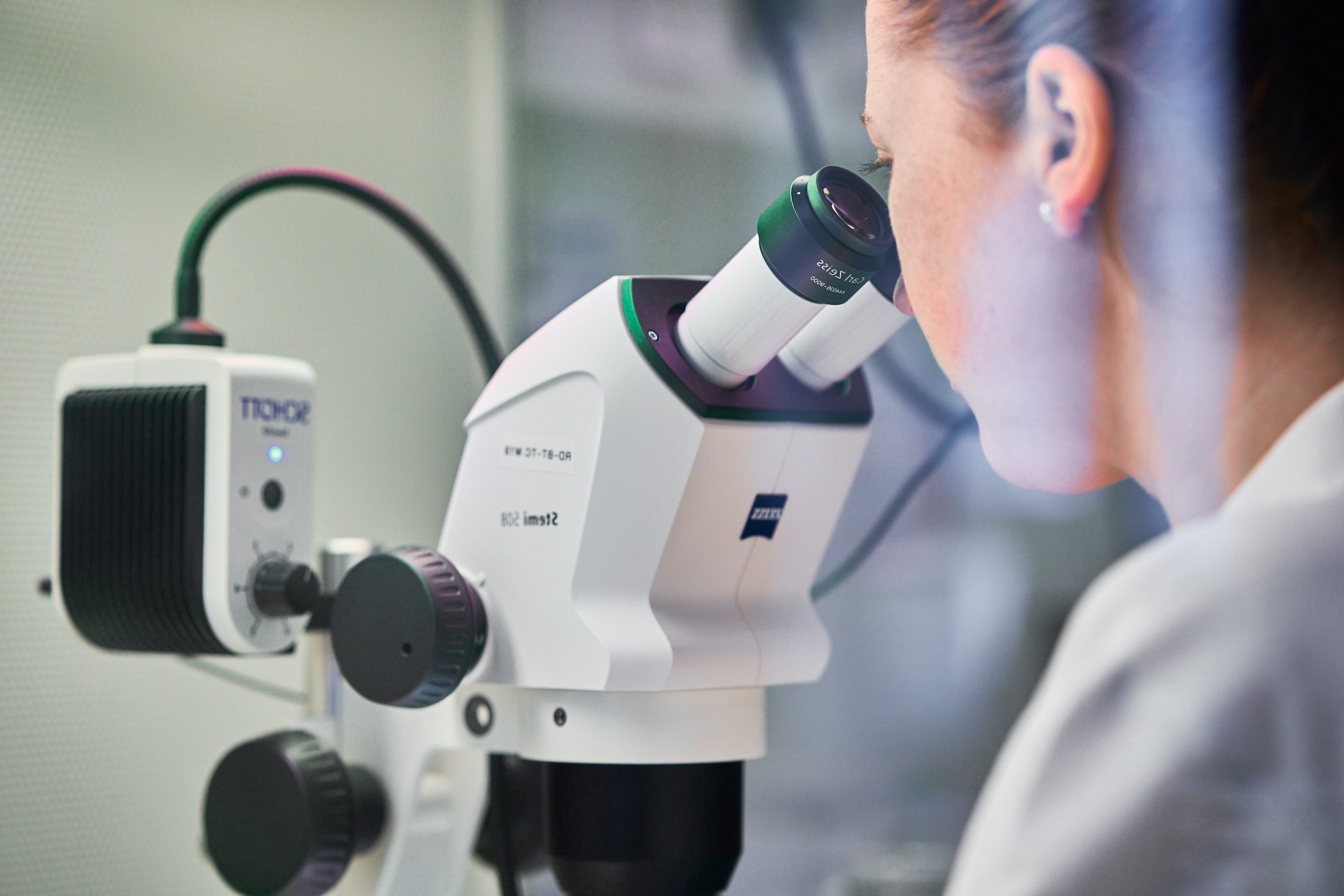
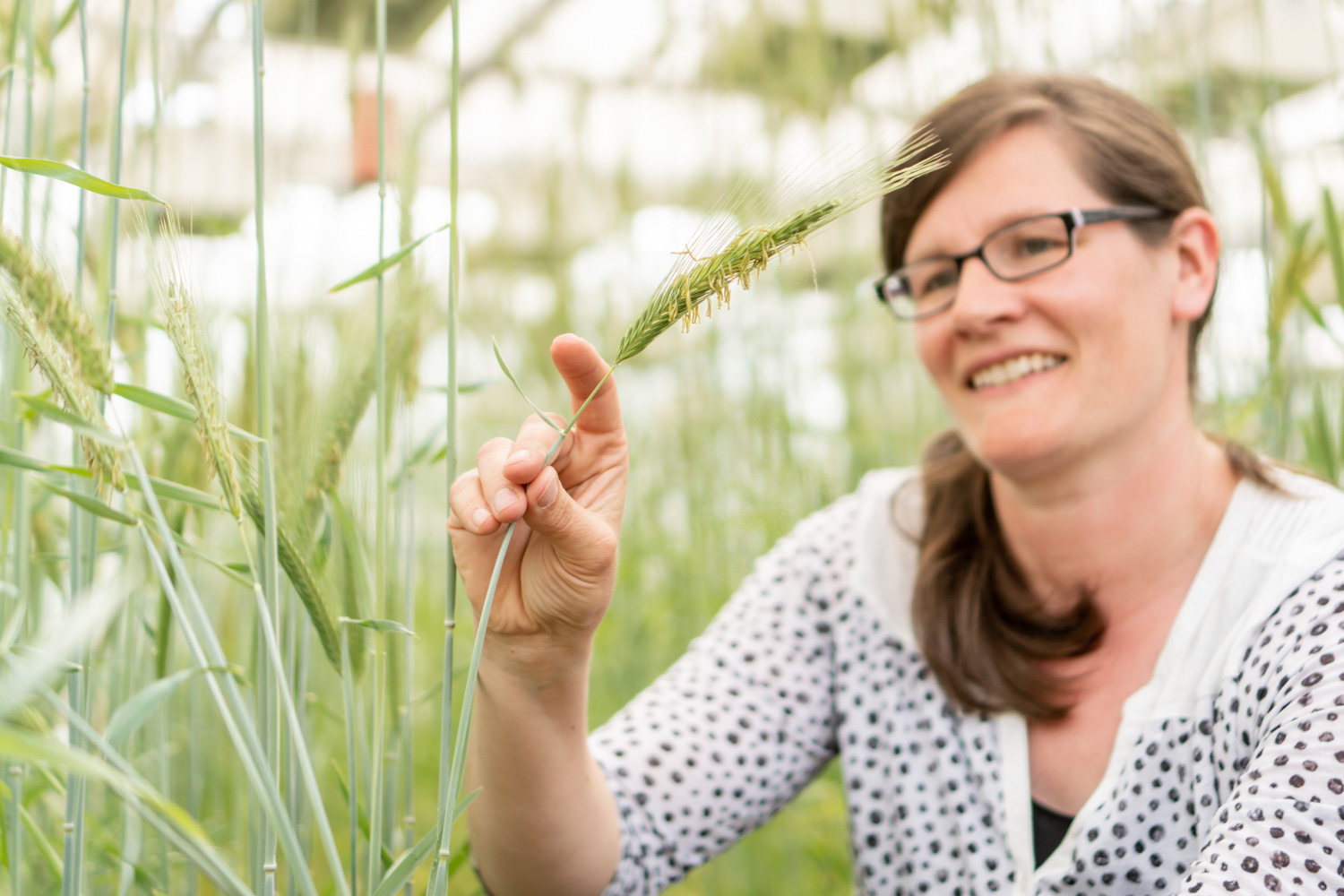
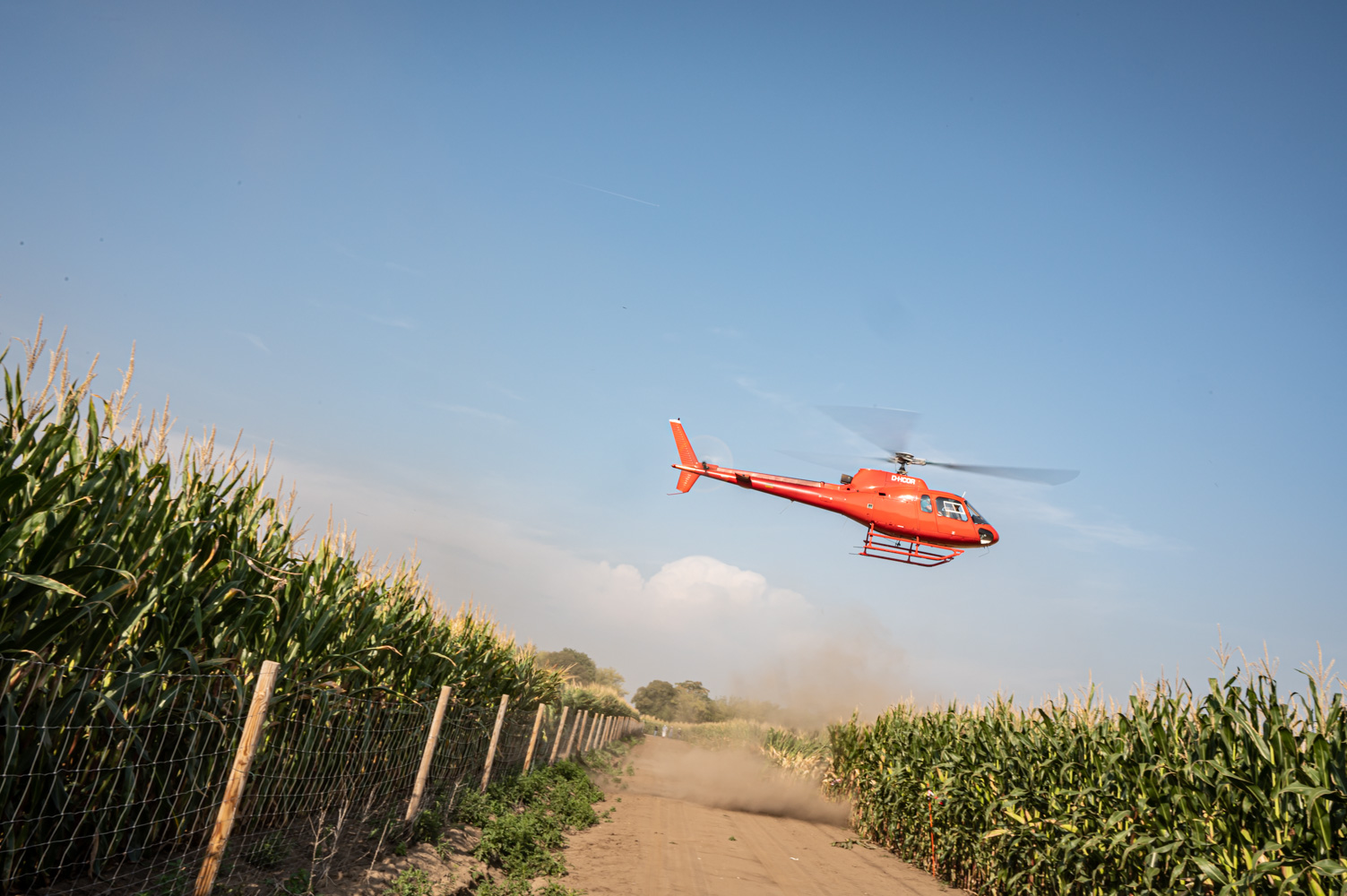
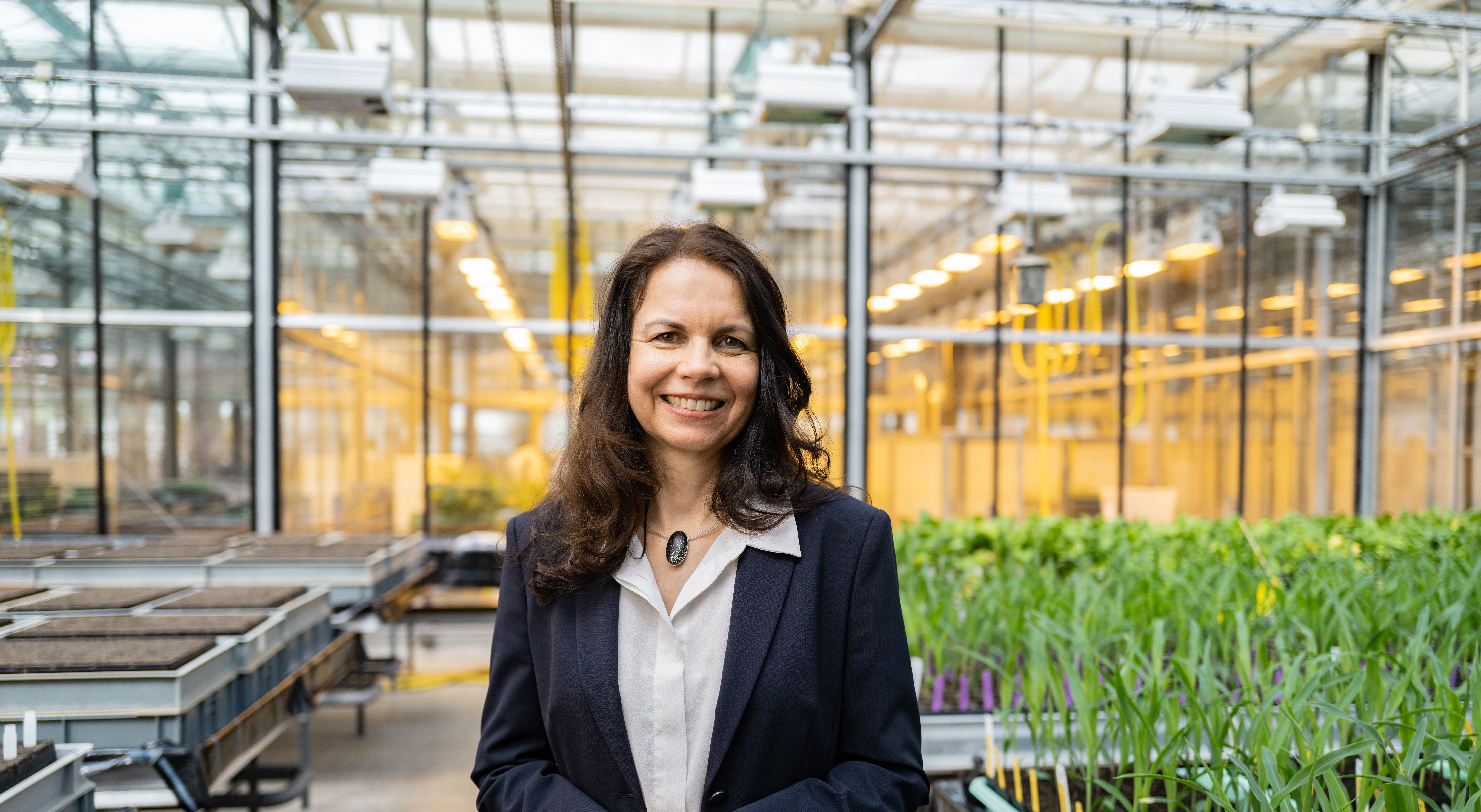
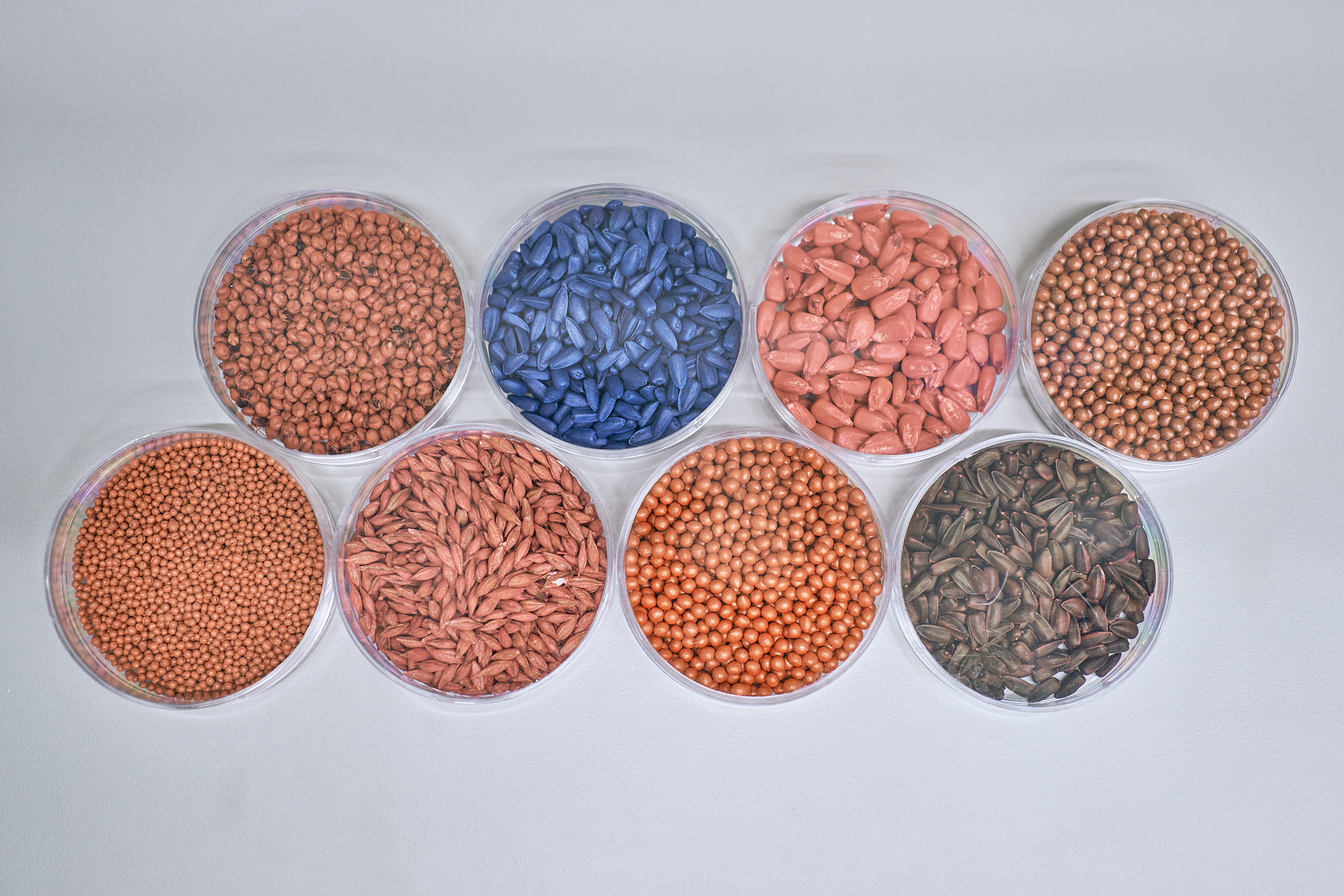
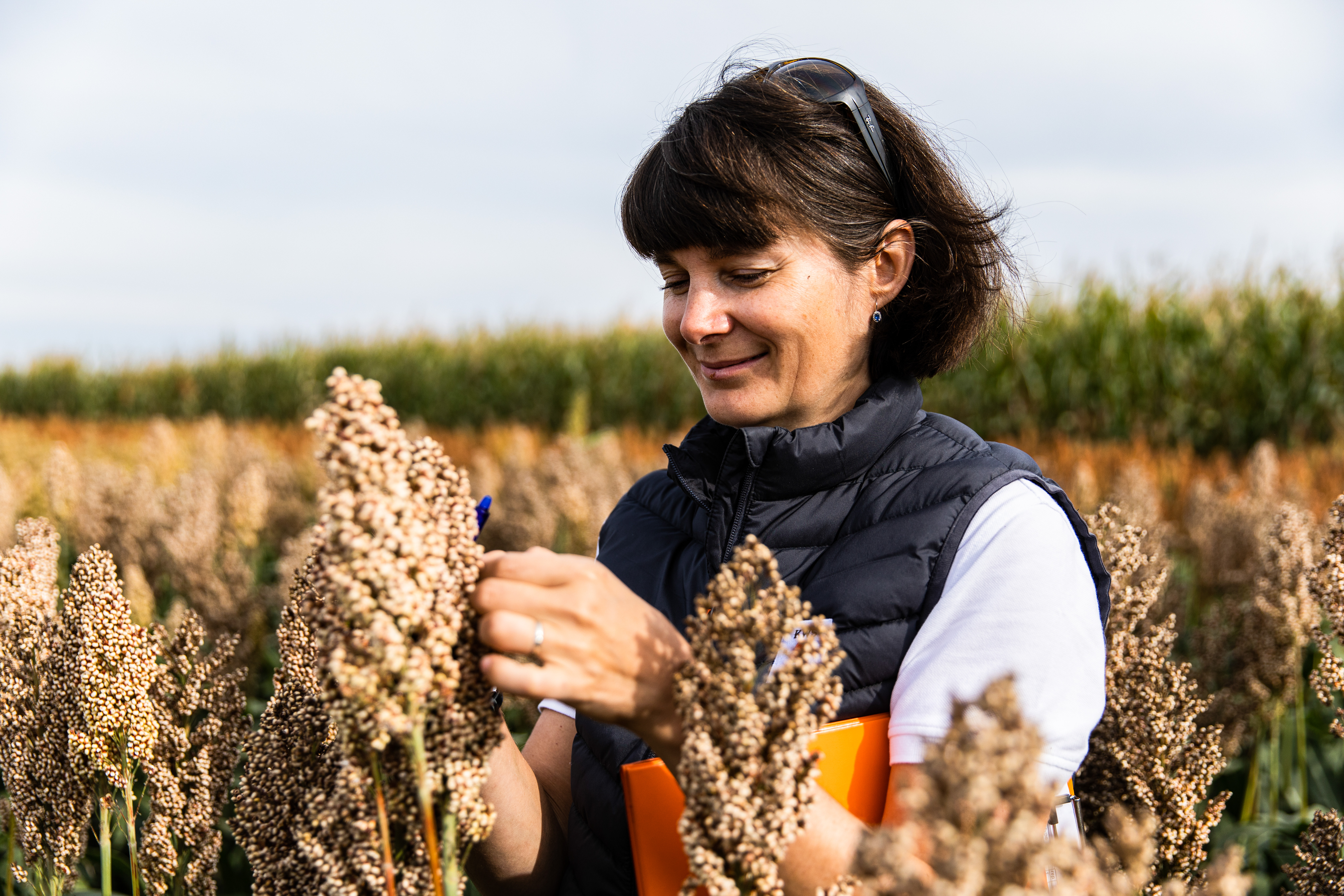
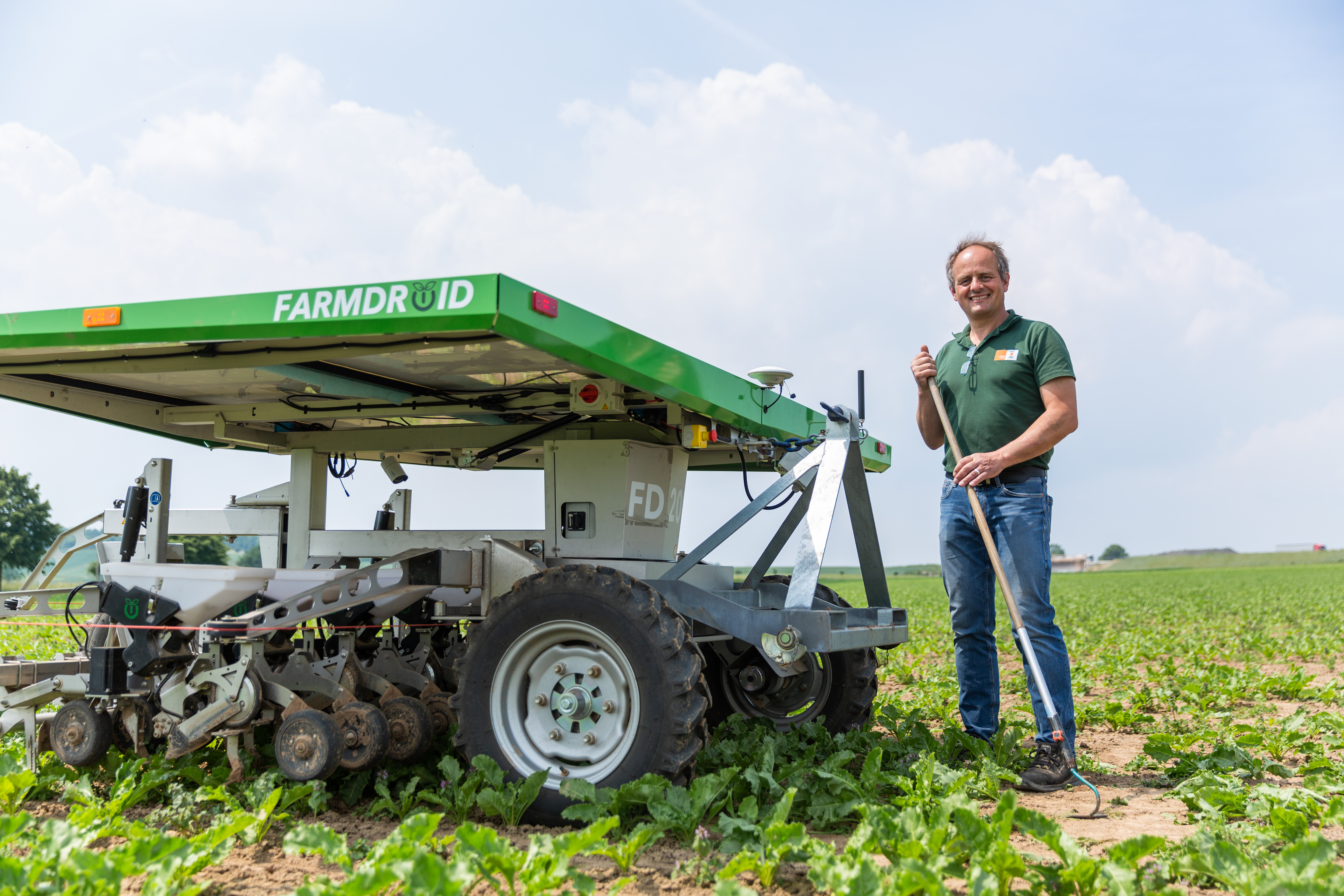
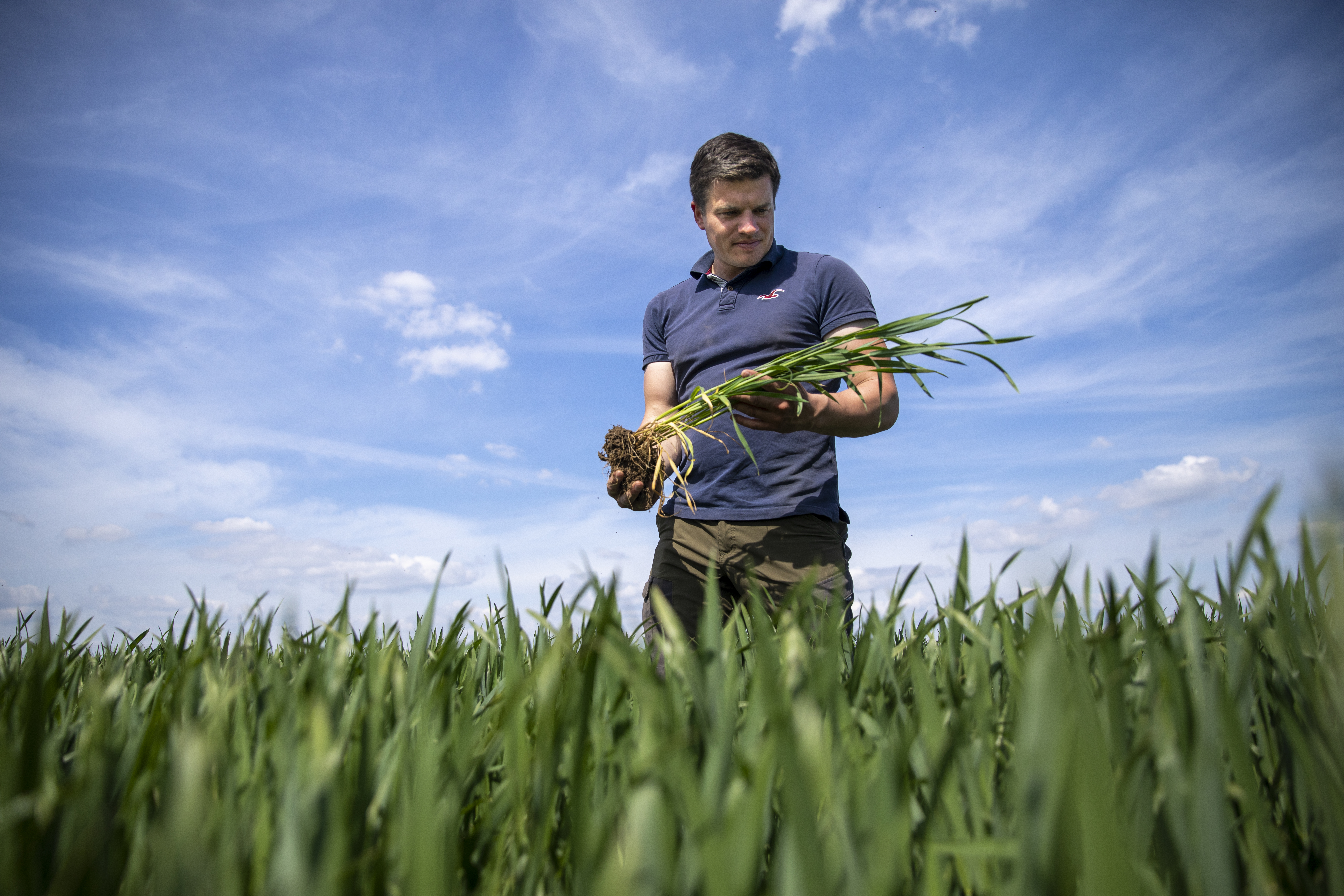
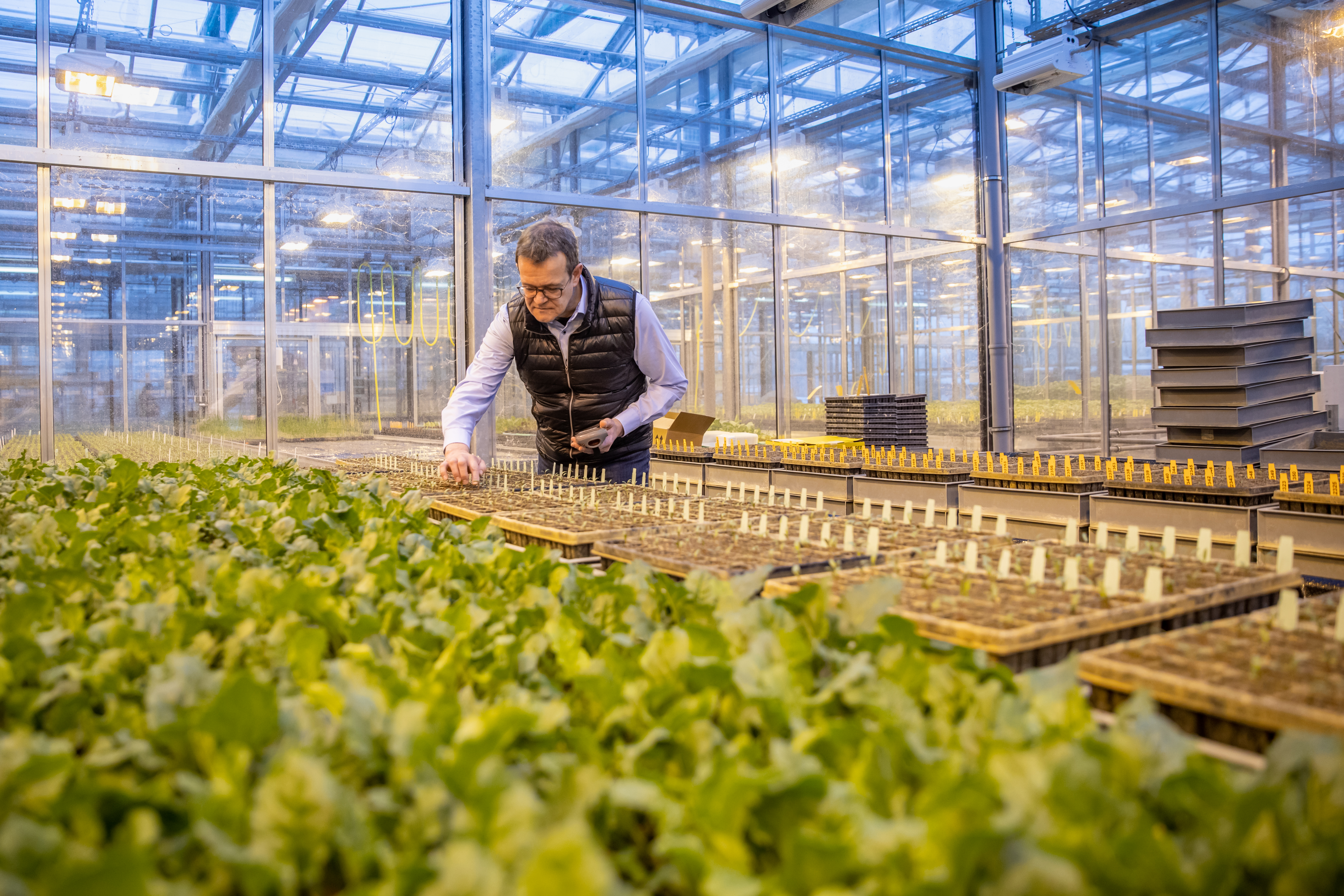
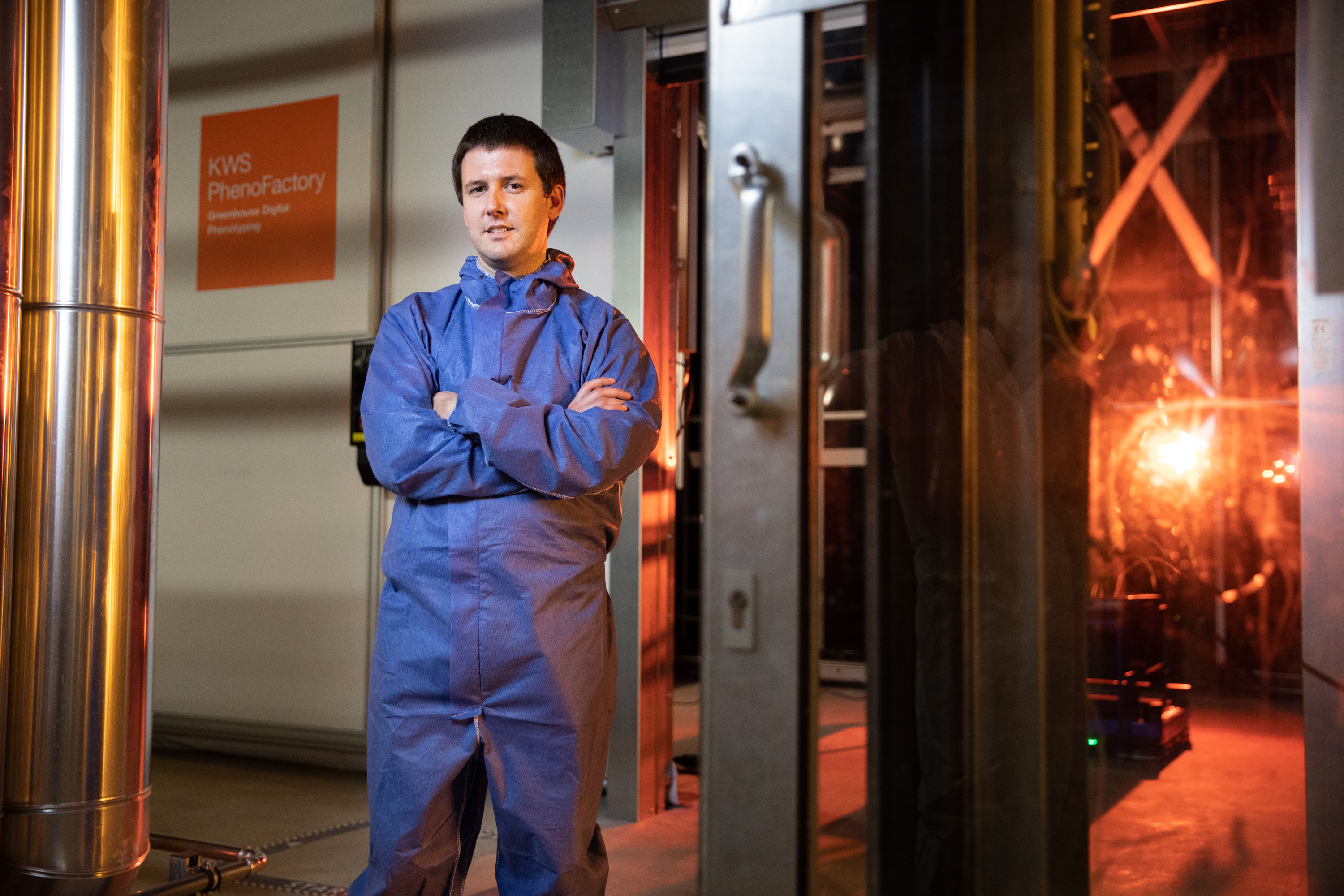
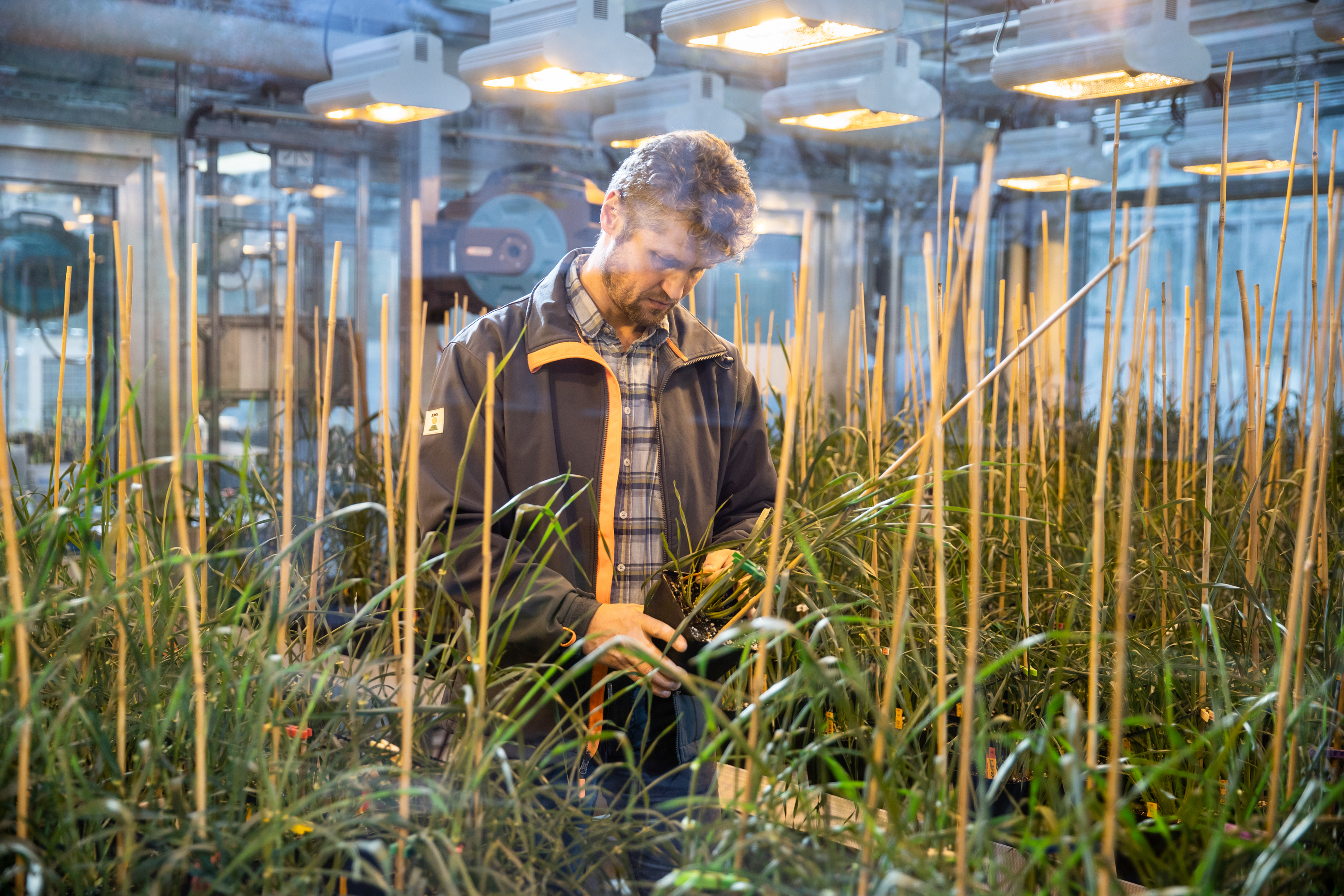
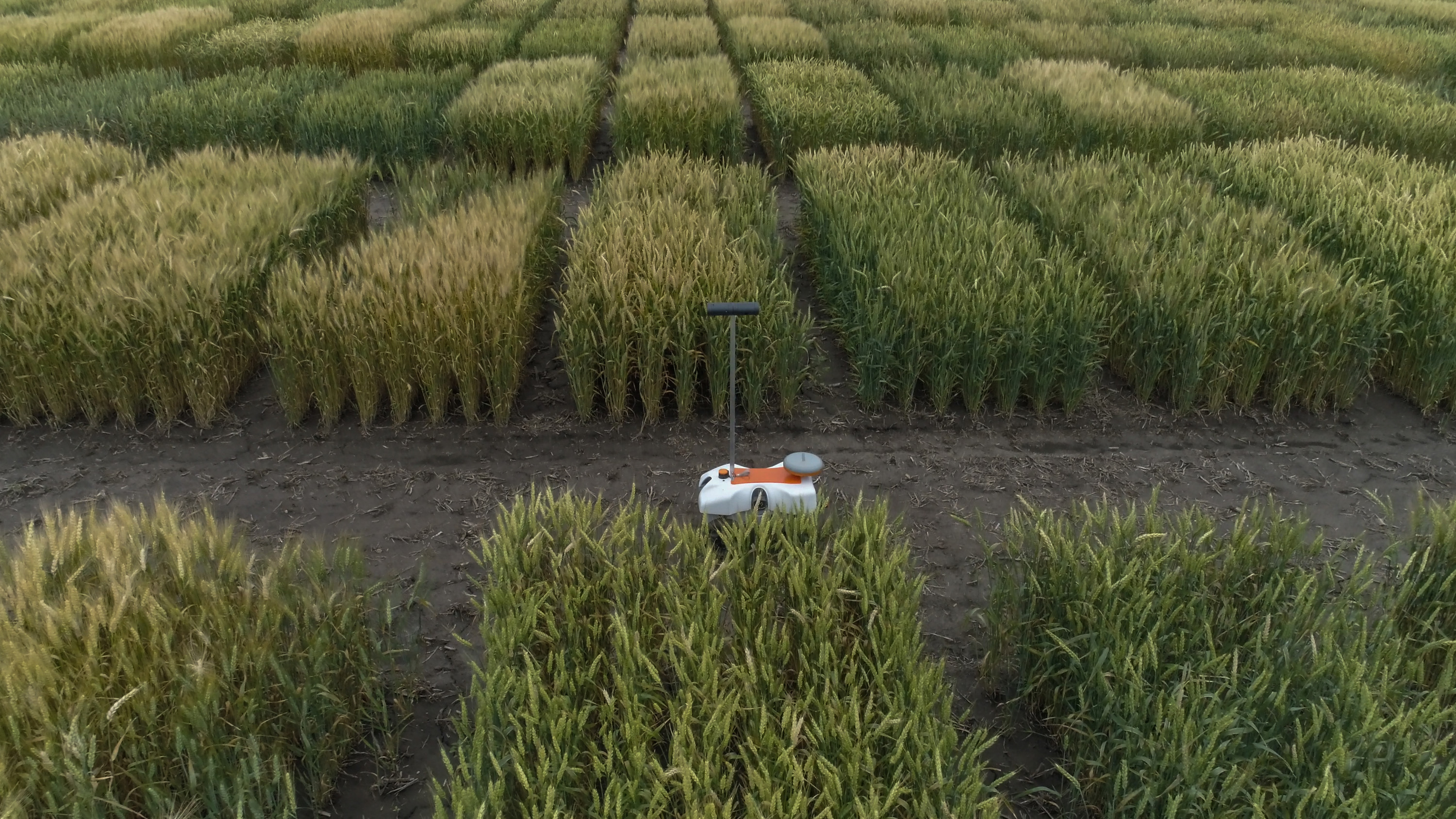
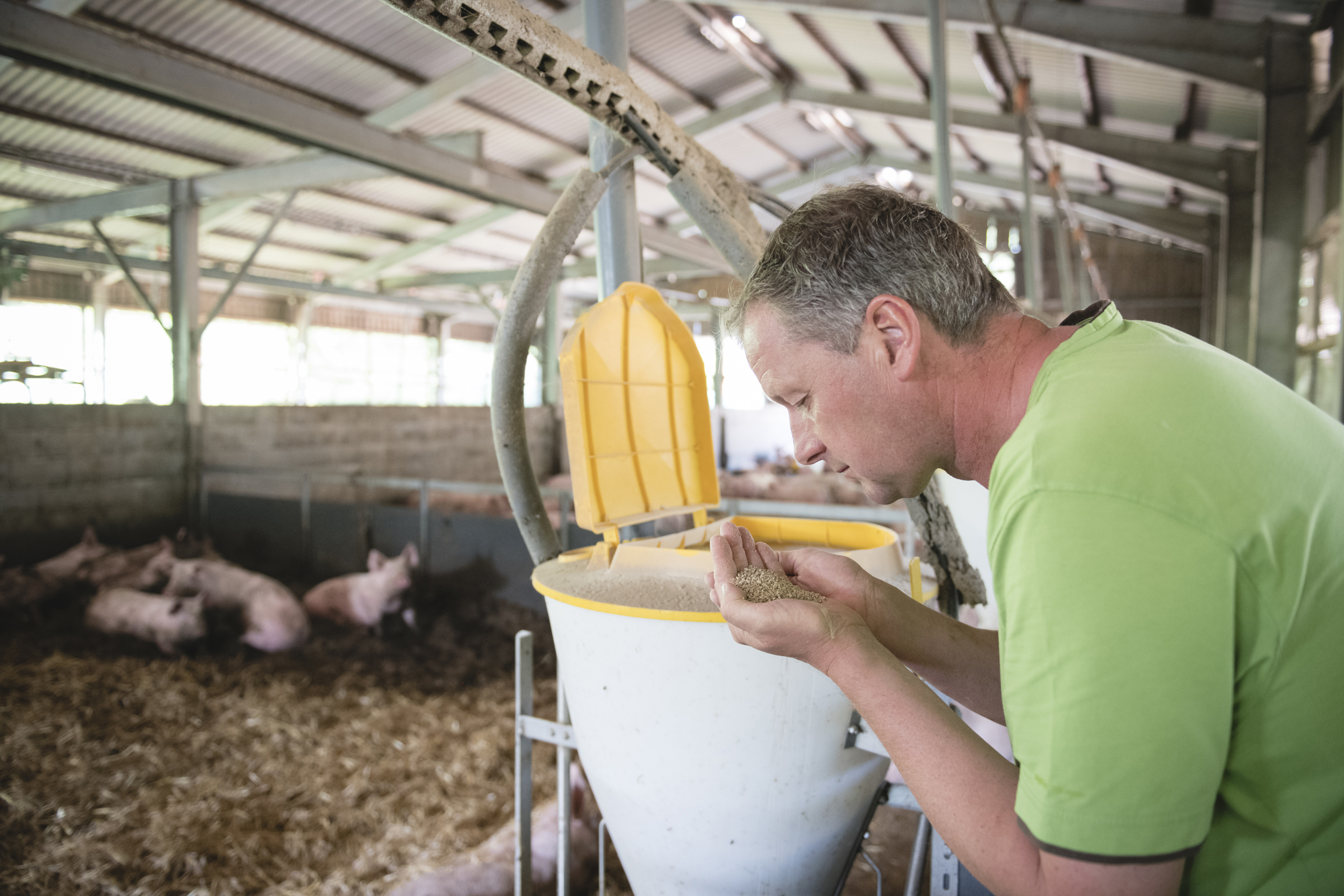
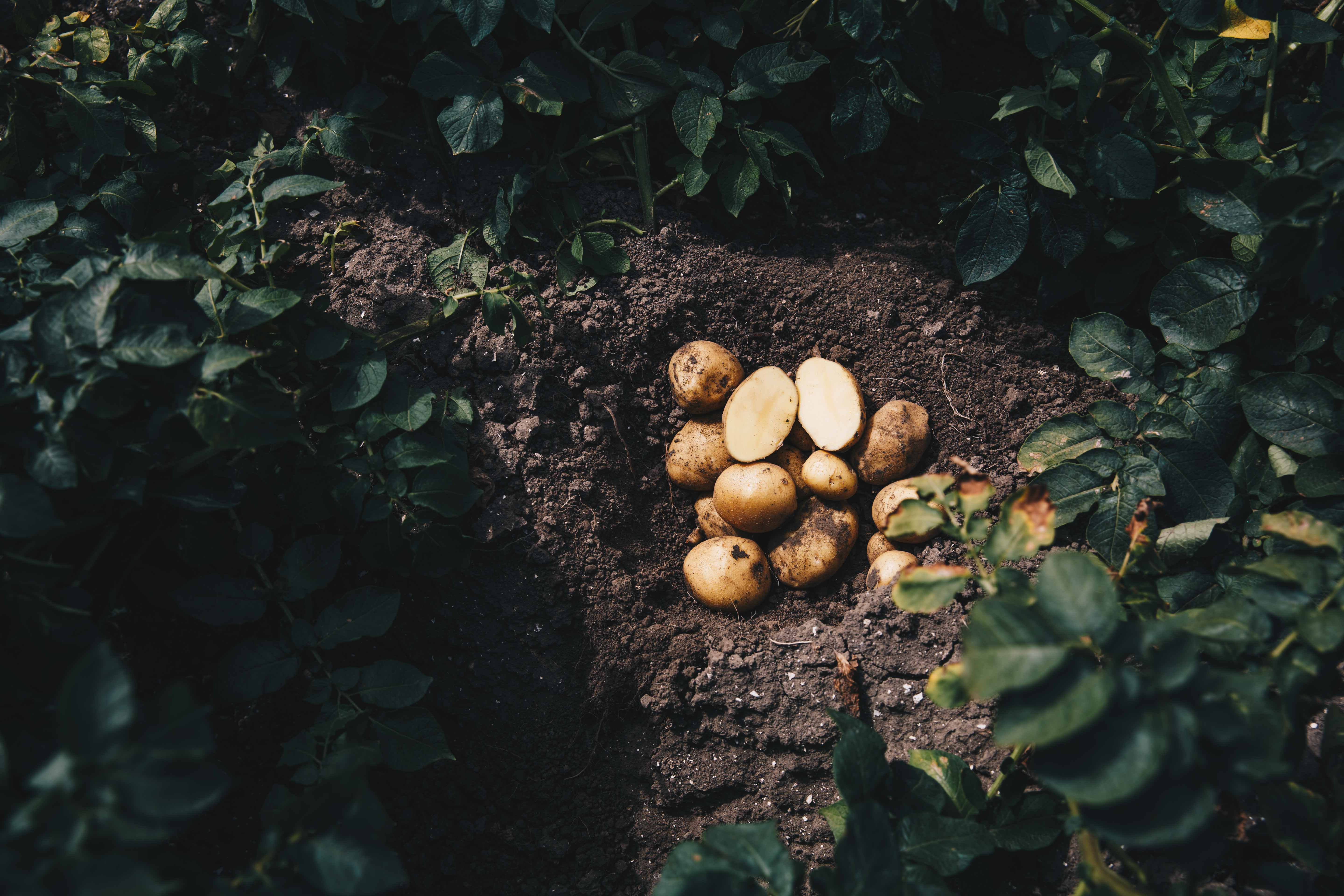
.jpg)
